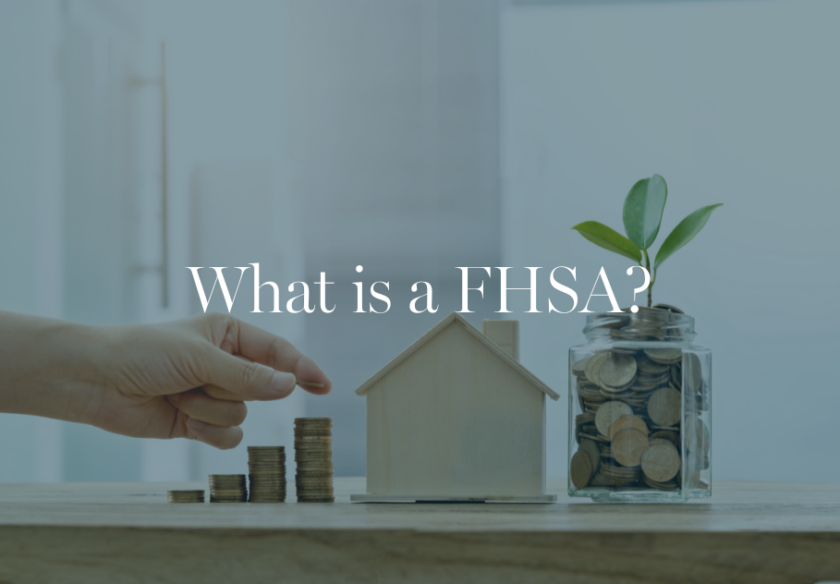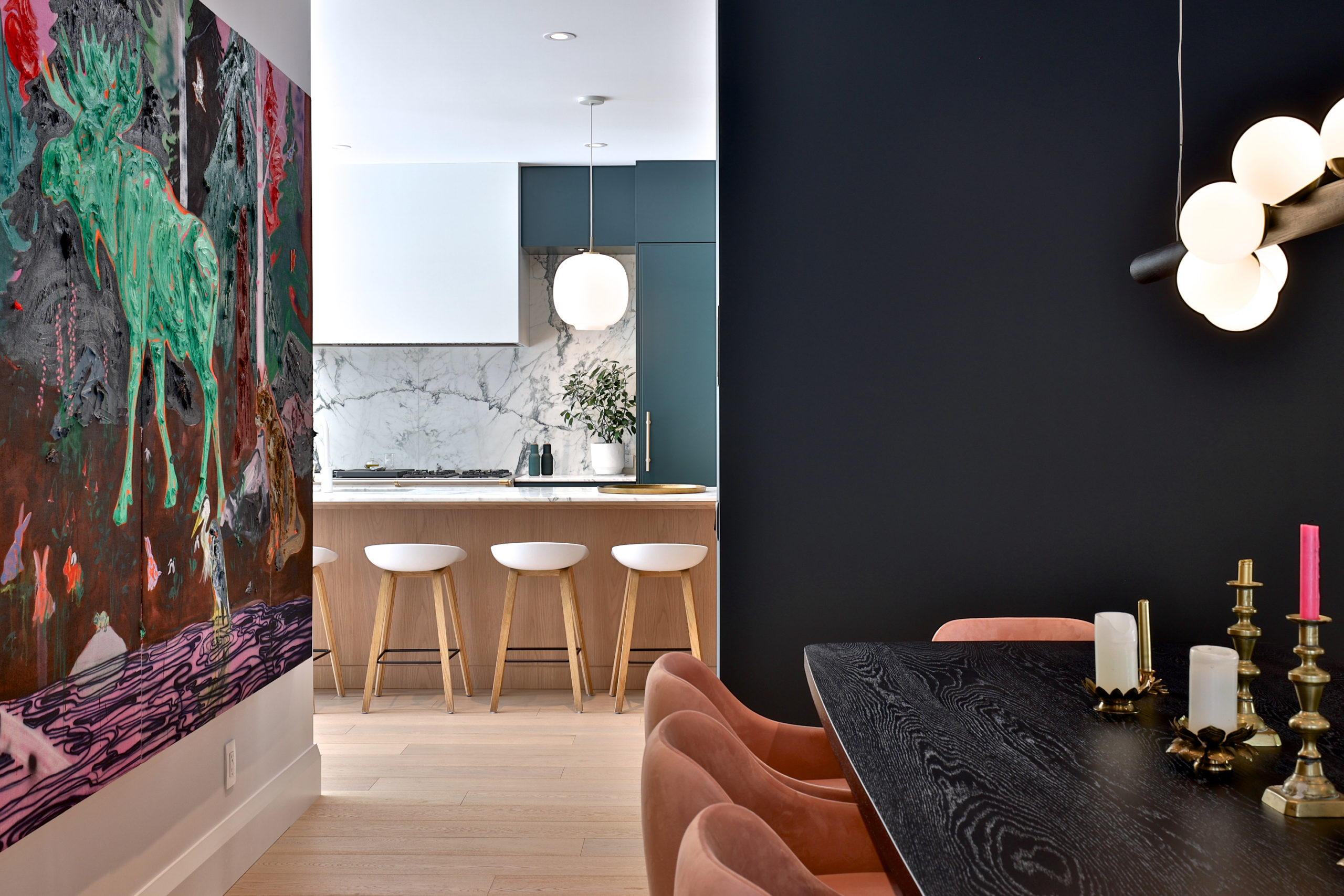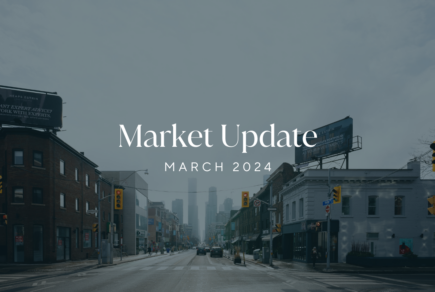
Next month is starting off on a high note for would-be homebuyers.
On April 1, financial institutions across Canada will begin offering the federal government’s newest tool for those looking to make their first real estate investment — a tax-free First Home Savings Account (FHSA).
Initially announced in the spring of last year, the FHSA is designed to make saving up for your first home — a feat that has become especially difficult over the past few years due to increased inflation and interest rates, stagnating wages, and record-high home prices — easier for qualifying buyers.
Full legislation governing the FHSAs is expected to be announced next week, but in the meantime, here’s everything we know about how they work and how they can help you (or the first-time buyers in your life) land your dream home.
What exactly is the tax-free First Home Savings Account?
It’s all in the name! The FHSA is a soon-to-be-launched account where Canadians who plan to buy their first home can contribute up to $8,000 per calendar year (capped at a lifetime total of $40,000).
All contributions to an FHSA are tax-deductible and can then be invested and generate tax-free returns. Then, when you’re ready to buy your first home, you can withdraw those funds to put toward its purchase, also tax-free.
It may be simpler to think of it as a combination of a Registered Retirement Savings Plan (RRSP) and a Tax-Free Savings Account (TFSA):
- Like an RRSP, contributions can be claimed when filing taxes to reduce your yearly taxable income
- Like a TFSA, contributions can be invested (in mutual funds, bonds, Guaranteed Investment Certificates [GICs], etc.) and any money you make is non-taxable
- Like an RRSP and a TFSA, any unused contribution room can be carried forward — so if you open an FHSA this year and contribute $5,000 of the $8,000 limit, next year, your contribution limit would be $11,000 (the standard $8,000 per year plus the $3,000 remaining from the year prior)
Who’s eligible to open an FHSA?
Anyone over 18 with a Social Insurance Number who hasn’t purchased and lived in a home over the past four years will be eligible to open an FHSA.
What’s the difference between the FHSA and Canada’s existing Home Buyers’ Plan?
If you’re already investing or plan to begin investing in an RRSP, Canada’s existing Home Buyers’ Plan (HBP), allows you to withdraw up to $35,000 of your RRSP contributions to buy or build your first home.
The key differences between this and the FHSA are:
- You can save and withdraw more using the FHSA: With the HBP, you can withdraw up to $35,000, while with the FHSA, you can contribute a maximum of $40,000 — which can be invested and generate even greater returns
- FHSA withdrawals never have to be repaid: If you take advantage of the HBP, however, you have to pay back your withdrawn RRSP funds over the next 15 years
Homebuyers can do both, though! When you’re ready to buy your first home, if you’ve been contributing to an FHSA and are also eligible for the Home Buyers’ Plan, you can use both to fund your property purchase.
Where can I open an FHSA?
Once the FHSA legislation is introduced on April 1, it’s expected that any financial institution that currently issues RRSPs and TFSAs will also be able to issue First Home Savings Accounts. This would include banks, credit unions, Canadian trust companies, and life insurance companies.
What happens if I open and contribute to an FHSA but don’t end up buying a home?
If you don’t buy a home within 15 years of opening an account — or before you turn 71 (whichever comes first) — the account will be closed. But that doesn’t mean its tax benefits are lost. In fact, any used savings can be transferred to another FHSA, an RRSP or a Registered Retirement Income Fund (RRIF) without being taxed.
Our take? The FHSA is a valuable tool with TONS of benefits for buyers.
If you take one thing away from this, let it be a list of all the reasons the First Home Savings Account is a powerful tool for buyers.
- Save $40,000+ tax-free to put toward your first home
- Carry forward up to $8,000 of unused contribution room from the previous year
- Pay zero taxes on your investment earnings
- Contribute for up to 15 years
- An additional tool that can be combined with the Home Buyers’ Plan
- Transfer funds to your RRSP or RRIF tax-free if you don’t end up using them


